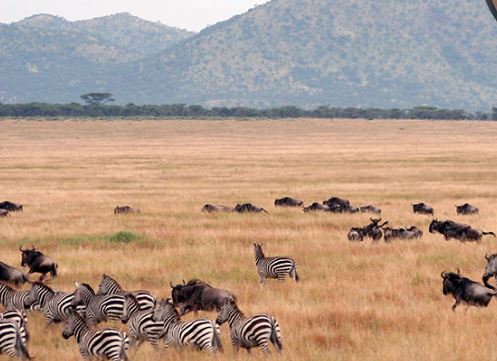×
The Standard e-Paper
Stay Informed, Even Offline

Have you ever heard of Malka Mari National Park or Bisanadi National Reserve? These two gems are part of the 24 national parks and 31 national reserves on Kenya’s land. The national parks are spread over 17 counties while the national reserves can be found in 21 counties. Between January and August, Kenya received 1,341,000 tourists who mostly visited the parks and earned the country billions of shillings.